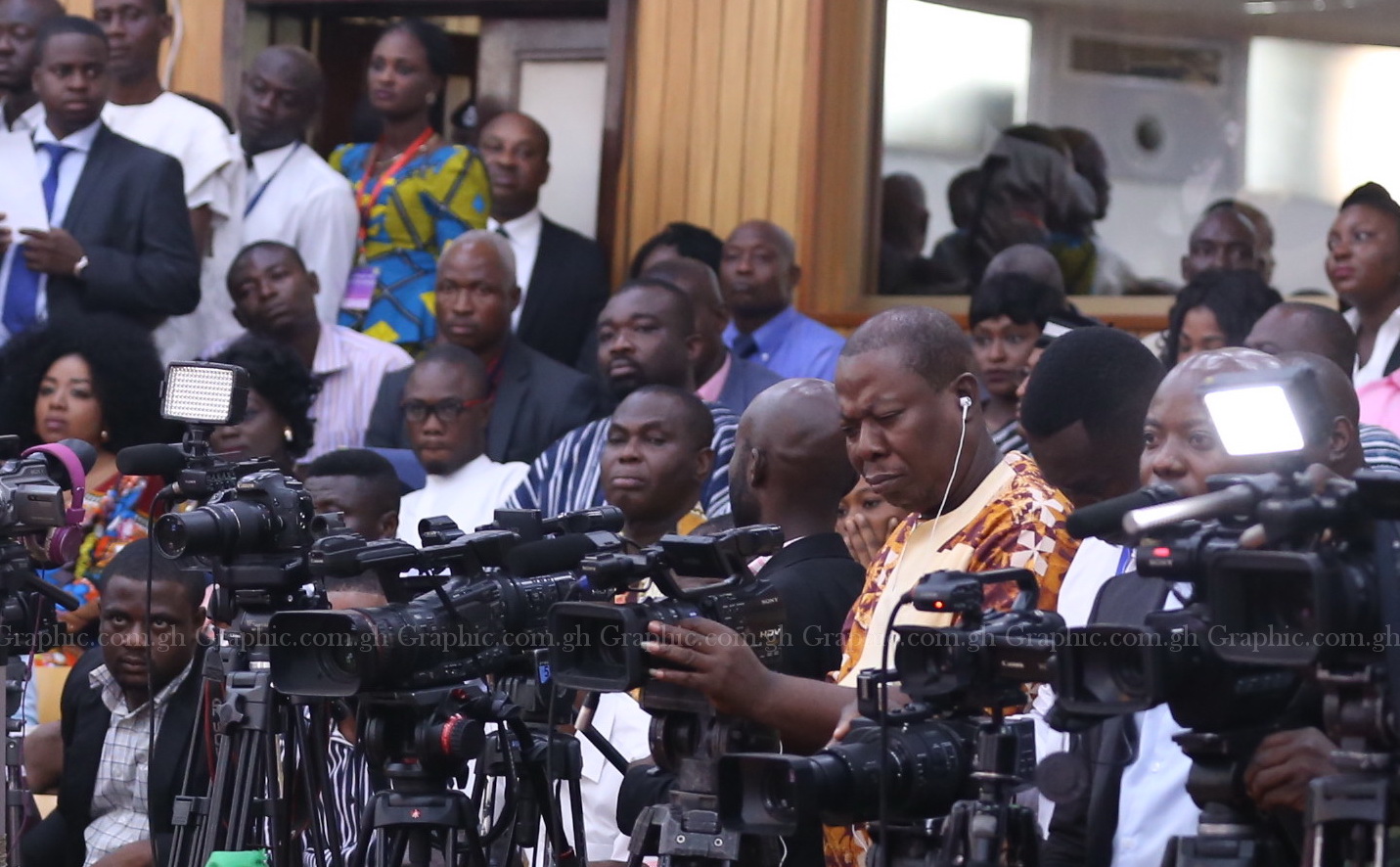Press freedom in Ghana has seen mixed fortunes under the Fourth Republic. While the country’s 1992 Constitution which ushered in the Fourth Republic provides strong safeguards for the freedom and independence of the media, these are not fully respected in practice.
With democracy still nascent, the human rights and freedom of expression situation remained tenuous in the early years of the Fourth Republic. The situation has since evolved from the early days of repression to a measure of redemption and slumped back into depression.
The redemption began during the second government of the Fourth Republic. The repeal of criminal libel was one of the major landmarks of the era. Laws granting the president discretionary power to ban news outlets were also scrapped. The improved press freedom situation continued under succeeding governments culminating in Ghana’s emergence as the African country with the freest media in 2018. This achievement was further crowned with the hosting by Ghana of the global event marking the 2018 World Press Freedom Day (WPFD) and capped with the passage in 2019 of the Right to Information (RTI) law. This long-awaited law granted citizens a legal basis to access information from public institutions and private entities doing business with government and receiving public funds.
The bright sun of press freedom in Ghana was soon to decline at its very meridian. The killing of investigative journalist Ahmed Suale on January 16, 2019, in Accra by yet unidentified persons is the highlight of the decline. Some of the leading investigative journalists have reported receiving threats to their lives and being trailed for various reports they have published. During and after Ghana’s 2020 election, several threats and attacks were perpetrated against journalists covering the electoral process, including a crippling gunshot attack on a reporter at a collations centre.
Using the Electronic Communications Act and the Criminal Code, specifically Section 208 of the Criminal and Other Offences Act, 1960 (Act 29), the police have gone on rampage against a number of journalists and civil society activists for their publications in the media. In the past two years, the Media Foundation for West Africa (MFWA) has recorded 30 press freedom violations with security agents accounting for 67% of the abuses. The repressive trend saw Ghana decline from 3rd in 2021 in Africa to 13th in 2022.
In response to the decline, the Ministry of Information and the National Media Commission inaugurated the Office of the Coordinated Mechanism for the Safety of Journalist on May 4, 2022, to monitor, record and validate attacks on press freedom in order to provide redress for them.
To improve the press freedom situation, the government should call the security agencies to order and ensure that they are penalised for their arbitrary attacks on, and arrests of, journalists. In this regard, an independent security services complaints unit may be established to receive and deal with public complaints against personnel of the security services. Government should also resource the National Media Commission to carry out its regulatory functions effectively and in a proactive manner that will stave off external interferences which are often hostile.
Click here to read a report the MFWA has put together on Press Freedom in the Fourth Republic of Ghana.
